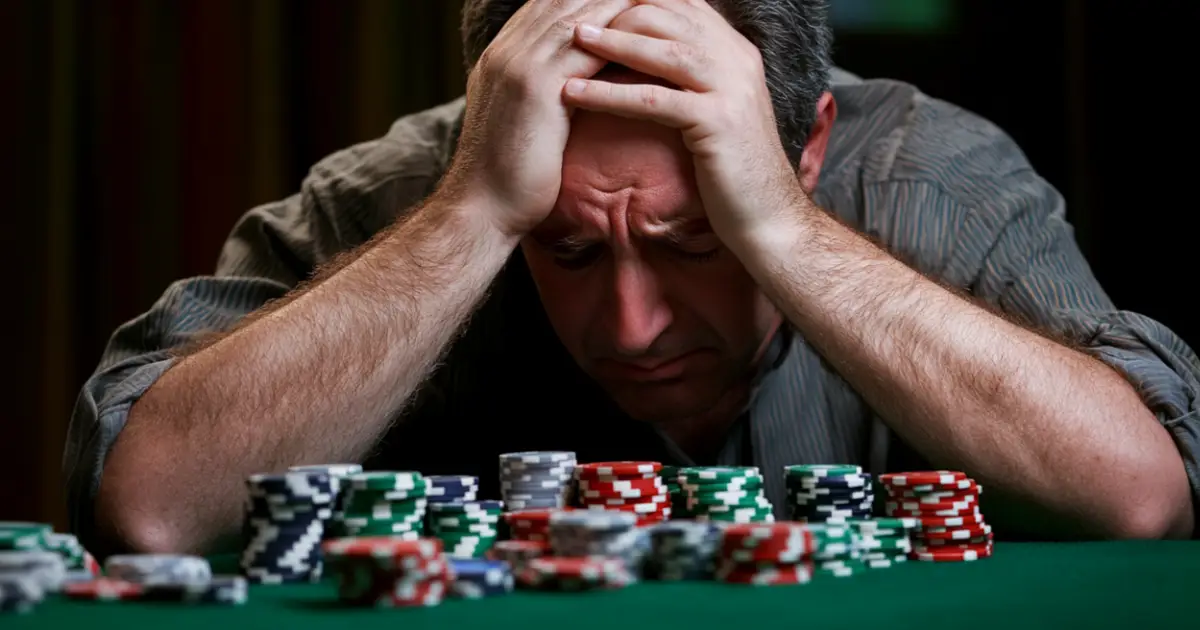How to really prevent gambling addiction – 5 things to do now
Gambling addiction is something you often don’t notice. No drunken talking, no syringe tracks on the arm. Many people work, laugh, pay their bills – all while quietly breaking down inside. In the Netherlands, as in other countries, this problem plays a major role. And if we are really honest: we often wait until it is too late. Until someone has lost their savings. Until relationships are broken. Until people no longer recognise themselves in the mirror.
Why do we wait so long? Why not intervene sooner? The answer is simple: we think it won’t be too bad. And that is exactly why things go wrong.
Today we look at what experts say should be done differently there. Here are five things we can do today to really prevent gambling addiction.
1. One playing limit for everyone – and not per gambling site
Did you know that every online casino in the Netherlands allows you to spend €700 per month? And that there are currently 26 legal providers?
Do the math. You can simply gamble €18,200 a month without anyone intervening.
👉 We need one central play limit per person. Not per provider.
It’s not an infringement on your freedom. It’s a safety net. So that people who have lost control cannot continue to play unnoticed.
And no, this is not science fiction. It has been technically possible for a long time. It just needs to be wanted.
2. Duty of care should be more than a nice word
In theory, gambling companies should protect you if you play too much. In practice? You just click “I understand” again and you can move on. Duty of care must mean something.
❌ “Click, bye.”
✅ “Hey, this behaviour is risky – let’s talk.”
And above all: have this checked by an independent party. Not by the gambling companies themselves. Because let’s face it: when the butcher inspects his own meat, you always get five stars.
3. Educate young people before it goes wrong
Gambling is everywhere. In football ads, on Instagram, in games. Young people grow up with it as if it is normal. But at school? Not a word about it. While they are taught about smoking, sex and alcohol.
👉 Show young people what is behind it: the tricks of casinos, the mechanisms of addiction, the real stories.
👉 Give them tools to say no before they are tempted.
And no, it doesn’t have to be a boring PowerPoint. Put an expert by experience in front of the class. That touches people.
4. Help should be quick and easy
When someone finally admits they need help, it is a big threshold they have just crossed.
So what should we not do? Telling them: “Fine, it’s your turn in 12 weeks.”
The moment may have passed by then. The motivation? Gone. The misery? Greater.
Instead, do this:
✅ More treatment centers
✅ Faster referrals
✅ Low-threshold help – anonymously, online, or via your GP
✅ And above all: get experts by experience. They know what that moment feels like.
5. Let people who have experienced it make decisions
Everyone talks about gambling addiction. Policymakers, gambling companies, health authorities.
But do you know who is often missing from the table? The people who have gone through it themselves.
They know exactly where things go wrong. What works. What doesn’t. Give them a seat at the table. Let them think about policy, education, assistance. Because you can read a thousand reports, but one honest story only really gets things moving.
Conclusion
Gambling addiction is not something that only happens to others. It can happen to your neighbour. Your son. Your colleague. Or yourself.
And no, we are never going to eliminate it completely. But we can make sure that fewer people fall. And that those who fall are taken care of faster.
It doesn’t start with paper plans. It starts with daring to make choices.Today. Not when it is too late.


